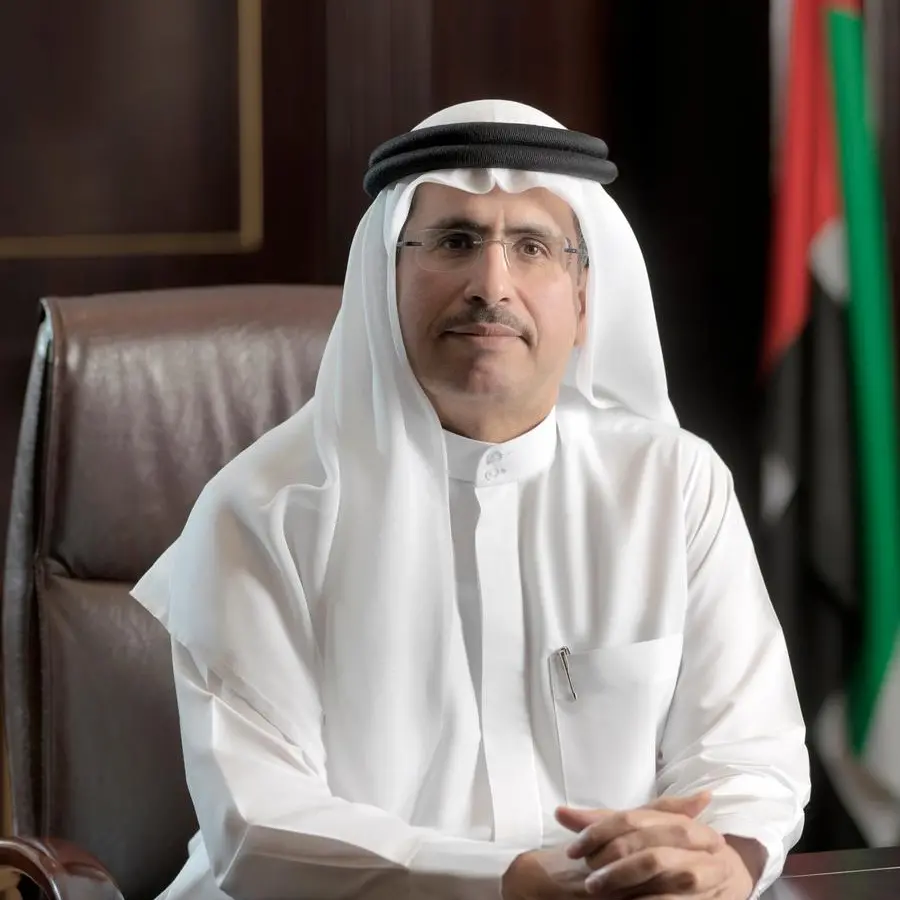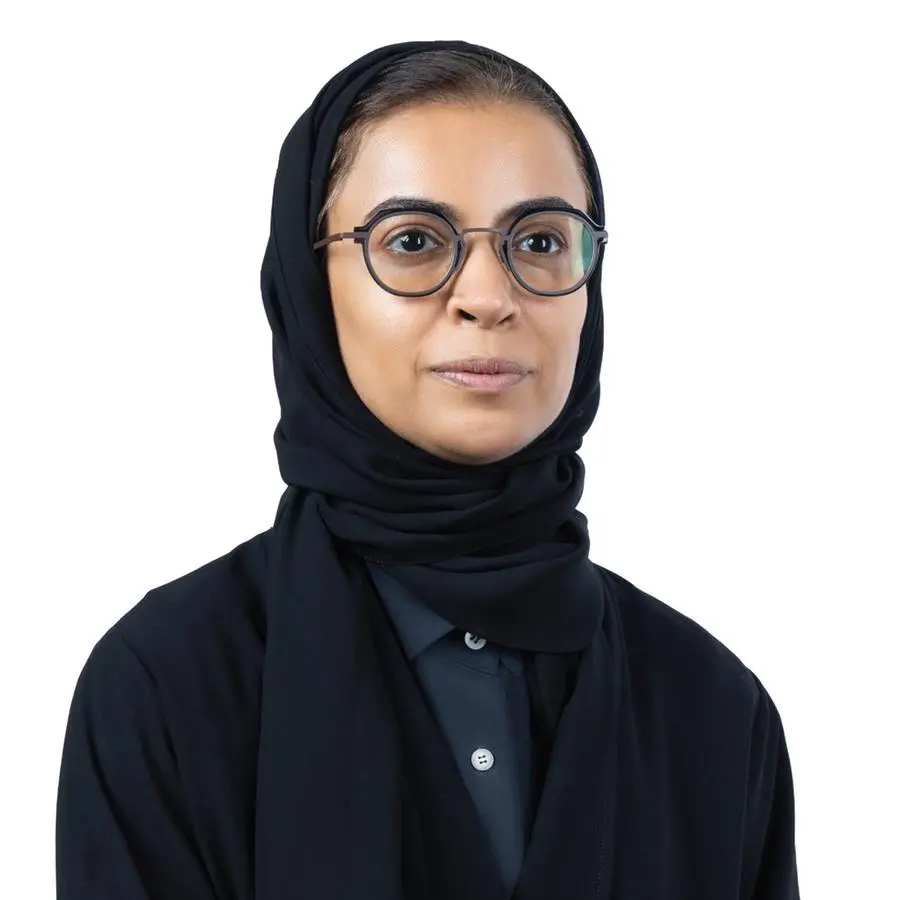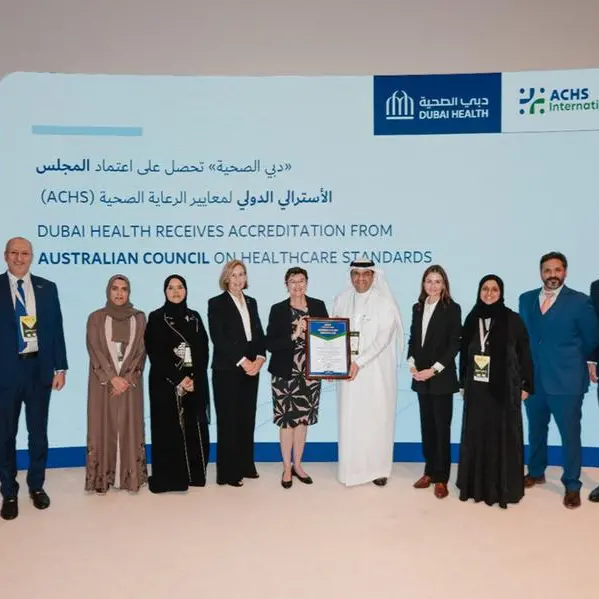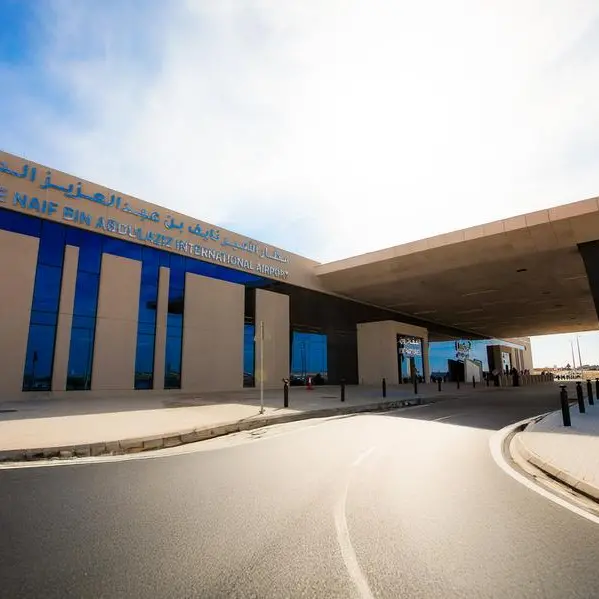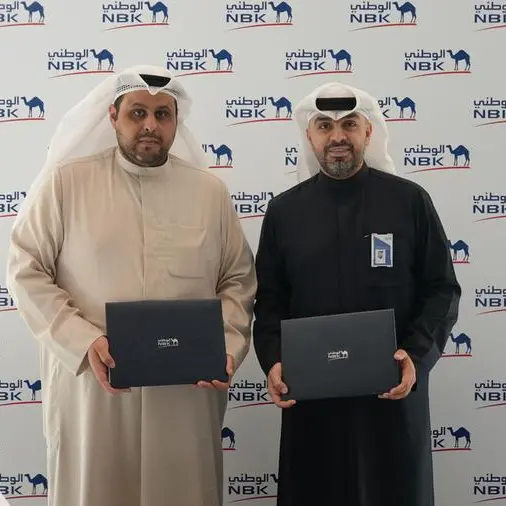
With Malawian farmers still reeling from tropical storms that devastated crops and livelihoods in recent weeks, Norway’s Minister of International Development and the President of the UN’s International Fund for Agricultural Development (IFAD) (www.IFAD.org) will visit the country to meet its leaders and small-scale farmers to discuss the impacts of climate change, and ways to build resilience.
“Extreme weather events have increased globally and have recently wreaked destruction in Malawi – and it is the small-scale farmers who are feeling the brunt of it. My urgent call is to step up investments in adaptation and resilience to ensure that climate change does not deepen hunger and poverty,” said Gilbert F. Houngbo, President of IFAD, ahead of the visit.
“Food security is a main priority in Norway’s development policy because it is essential to fight inequality, poverty and hunger,” said Anne Beathe Tvinnereim, Norway’s Minister of International Development. “IFAD’s projects and programmes enable small-scale farmers and fishermen to produce enough, safe and healthy food in climate-smart ways. Therefore, I am looking forward to a joint field visit with President Gilbert Houngbo to IFAD projects in Malawi. Norway will strengthen our partnership with IFAD and will top-up our core contribution significantly for 2022-24.”
Arriving on 27 February for a three-day visit, Beathe Tvinnereim and Houngbo will meet with Malawi’s President Lazarus Chakwera, the Minister of Agriculture and Rural Development, Lobin Lowe, and the Minister of Finance and Economy, Sosten Alfred Gwengwe, to discuss investments in climate change resilience to achieve zero hunger and poverty targets in the country by 2030.
They will then travel to an IFAD-supported project to discuss the challenges of climate change and COVID-19 directly with small-scale farmers, particularly women, to see how targeted investments have built their resilience and boosted their food security, nutrition and gender equality. While in the country, they will also meet Rudolf Schwenk, United Nations Resident Coordinator ad interim, the United Nations Country team, development partners and Farmers’ Organizations representatives working in Malawi.
Malawi is a relatively small country with an estimated population of about 19 million people, 83 percent of whom live in rural areas. Agriculture remains the backbone of the economy, accounting for almost a quarter of Malawi’s GDP. However, many small-scale farmers battle to earn a decent living, with 70 percent of the country’s population living below the poverty line of US$1.90 per day.
With improved processing technologies and farming methods, small-scale farmers can feed a growing population while restoring degraded ecosystems and reducing agriculture's carbon footprint. When they have access to weather forecasting information and disaster preparedness, they are more resilient to severe climate events, such as the tropical storms that resulted in a declaration of a state of emergency in the country last month. This requires increased investments in small-scale farmers, who are often the poorest and most marginalized rural people.
Since 1981, IFAD has financed 14 rural development programmes and projects in Malawi at a total cost of $653.67 million, with an IFAD investment of US$ 350.48 million. This has directly benefited more than 2 million rural households.
Distributed by APO Group on behalf of International Fund for Agricultural Development (IFAD).Contacts:
David F. Paqui
IFAD Communications Division
Tel: +390654592213
Cell: +393357516406
Email: d.paqui@ifad.org
Cell: +265 984306408 (Malawi)
Jens Christian Boysen
Norwegian Ministry of Foreign Affairs
Communication Unit
Cell: +47 94 98 20 99
Email: jens.christian.boysen@mfa.no
Phillip Pemba
UN Resident Coordinator Office
Cell: +265 995271671
Email: phillip.pemba@un.org
About IFAD:
IFAD invests in rural people, empowering them to reduce poverty, increase food security, improve nutrition and strengthen resilience. Since 1978, we have provided US$23.2 billion in grants and low-interest loans to projects that have reached an estimated 518 million people. IFAD is an international financial institution and a United Nations specialized agency based in Rome – the United Nations food and agriculture hub.
© Press Release 2021
Disclaimer: The contents of this press release was provided from an external third party provider. This website is not responsible for, and does not control, such external content. This content is provided on an “as is” and “as available” basis and has not been edited in any way. Neither this website nor our affiliates guarantee the accuracy of or endorse the views or opinions expressed in this press release.
The press release is provided for informational purposes only. The content does not provide tax, legal or investment advice or opinion regarding the suitability, value or profitability of any particular security, portfolio or investment strategy. Neither this website nor our affiliates shall be liable for any errors or inaccuracies in the content, or for any actions taken by you in reliance thereon. You expressly agree that your use of the information within this article is at your sole risk.
To the fullest extent permitted by applicable law, this website, its parent company, its subsidiaries, its affiliates and the respective shareholders, directors, officers, employees, agents, advertisers, content providers and licensors will not be liable (jointly or severally) to you for any direct, indirect, consequential, special, incidental, punitive or exemplary damages, including without limitation, lost profits, lost savings and lost revenues, whether in negligence, tort, contract or any other theory of liability, even if the parties have been advised of the possibility or could have foreseen any such damages.

